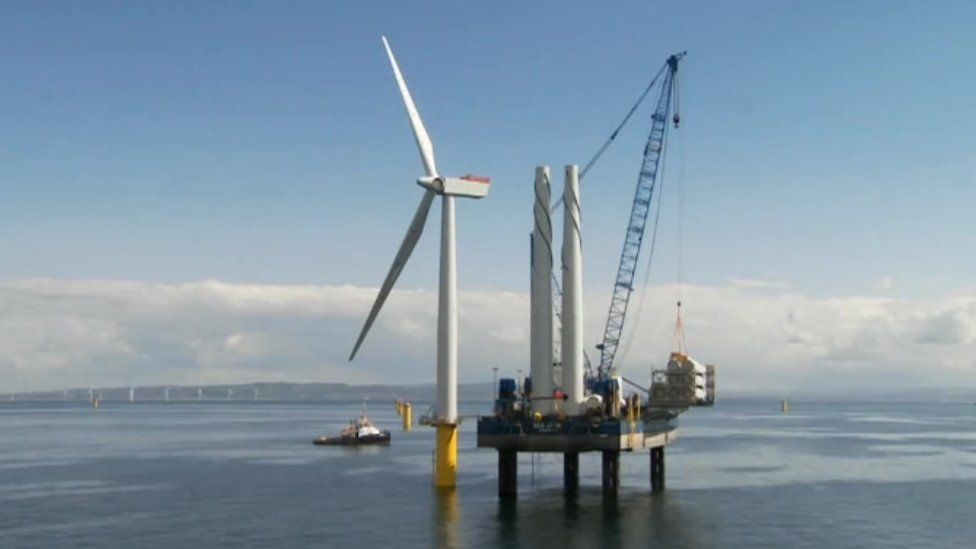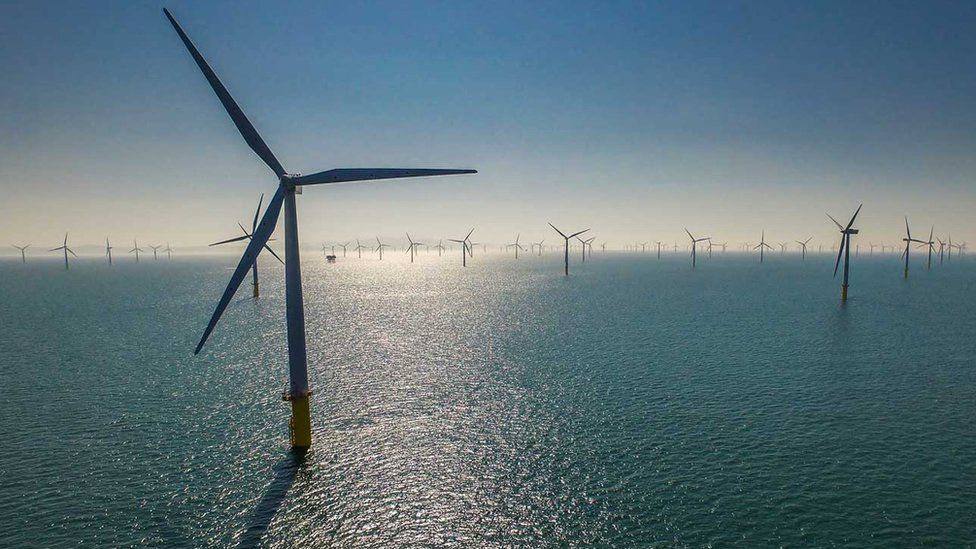Showing posts with label Wales. Show all posts
Showing posts with label Wales. Show all posts
Thursday, January 5
Pipebots to Stop Leaks
Around three billion litres of water are lost through leaks across hundreds of thousands of miles of water pipe in England and Wales daily, says water industry economic regulator Ofwat. Engineers have now developed miniature robots to patrol the pipe network, check for faults and prevent leaks. They say maintaining the network will be "impossible" without robotics. Water industry body Water UK told BBC News that companies were already "investing billions" in leakage.
But a recent Ofwat report pointed to a lack of investment by water companies. It named several that it said were "letting down customers and the environment" by not spending enough on improvements. Water UK responded saying that leakage was at "its lowest level since privatisation".
Leaks are a widespread and complicated problem: Across the UK, hundreds of thousands of kilometres of pipe - of varying age and in varying condition - supply millions of properties with water.
Colin Day from Essex and Suffolk Water said: "In [this region] alone, we look after more than 8,500km (5,282 miles) of pipe and only about half the leaks in those pipes are visible, which means it's complicated to pinpoint where [the rest] are."
Wasted water has been a particularly sensitive issue this year. According to Water UK, three companies - South East Water, South West Water, and Yorkshire Water - still have localised hosepipe bans in place following the summer drought. And, amid the cost of living crisis, Ofwat estimates 20% of customers in England and Wales struggle to pay their water bill. In the last year, though, according to Ofwat, companies have reduced leakage by an average of about 6%.
The industry has committed to a government target of halving the amount of water lost by 2050. Water UK accepted that progress needed to "accelerate". "We're adopting the latest technology, including special in-pipe cameras; satellite imaging; thermal drone technology, high-tech probes, and artificial intelligence," it told BBC News. READ MORE...
Wednesday, December 28
All About UK

United Kingdom, island country located off the northwestern coast of mainland Europe. The United Kingdom comprises the whole of the island of Great Britain—which contains England, Wales, and Scotland—as well as the northern portion of the island of Ireland. The name Britain is sometimes used to refer to the United Kingdom as a whole.
The capital is London, which is among the world’s leading commercial, financial, and cultural centres. Other major cities include Birmingham, Liverpool, and Manchester in England, Belfast and Londonderry in Northern Ireland, Edinburgh and Glasgow in Scotland, and Swansea and Cardiff in Wales.
The origins of the United Kingdom can be traced to the time of the Anglo-Saxon king Athelstan, who in the early 10th century CE secured the allegiance of neighbouring Celtic kingdoms and became “the first to rule what previously many kings shared between them,” in the words of a contemporary chronicle.
The origins of the United Kingdom can be traced to the time of the Anglo-Saxon king Athelstan, who in the early 10th century CE secured the allegiance of neighbouring Celtic kingdoms and became “the first to rule what previously many kings shared between them,” in the words of a contemporary chronicle.
Through subsequent conquest over the following centuries, kingdoms lying farther afield came under English dominion. Wales, a congeries of Celtic kingdoms lying in Great Britain’s southwest, was formally united with England by the Acts of Union of 1536 and 1542. Scotland, ruled from London since 1603, formally was joined with England and Wales in 1707 to form the United Kingdom of Great Britain. (The adjective “British” came into use at this time to refer to all the kingdom’s peoples.)
Ireland came under English control during the 1600s and was formally united with Great Britain through the Act of Union of 1800. The republic of Ireland gained its independence in 1922, but six of Ulster’s nine counties remained part of the United Kingdom as Northern Ireland. Relations between these constituent states and England have been marked by controversy and, at times, open rebellion and even warfare.
These tensions relaxed somewhat during the late 20th century, when devolved assemblies were introduced in Northern Ireland, Scotland, and Wales. Nonetheless, even with the establishment of a power-sharing assembly after referenda in both Northern Ireland and the Irish republic, relations between Northern Ireland’s unionists (who favour continued British sovereignty over Northern Ireland) and nationalists (who favour unification with the republic of Ireland) remained tense into the 21st century. READ MORE...
Labels:
Britannica,
England,
Great Britain,
Ireland,
Scotland,
UK,
Wales
Sunday, September 12
Offshore Wind Farm
 |
| Combined with the existing Gwynt y Mor turbines, the wind farm would be among the largest in the world |
A consultation into plans to build one of the world's biggest offshore wind farms off the north Wales coast has been launched. About 100 turbines could be constructed as part of plans for Awel y Môr, between Colwyn Bay and Llanfairfechan.
RWE Renewables said it would be 10.5km (6.5 miles) off the coast, to the west of the existing Gwynt y Môr turbines. They would cover an area of 88 sq km (34 sq miles) and the turbines could be as tall as 332m (1,089ft). The energy firm said the new farm would be able to power 900,000 homes.
The same developers are behind Gwynt y Môr, which has 160 turbines, off Llandudno, in Conwy, and is one of the UK's largest offshore wind farms. According to RWE, the maximum number of turbines planned for Awel y Môr has dropped from 107 to 91.
 |
| Taken together there could be a total of 251 turbines across both Gwynt Y Môr and Awel Y Mor |
Taken together there could be a total of 251 turbines across both Gwynt y Môr and Awel y Môr, making it one of the biggest wind farms in the world. If approved the scheme could be operational by 2030. The firm expects to submit its application to the UK government in 2022.
A preliminary report outlining maps, plans and details of potential negative impacts - on sea life, birds, fishing, and ocean currents - has been published.Noise onshore is also being considered, along with the farm's possible effects on tourism and conservation. READ MORE
Subscribe to:
Comments (Atom)
